On December 27, the Korean Central News Agency (KCNA) reported that the day before, the country opened an important meeting of the ruling party, setting the stage for announcing policy decisions in 2024.
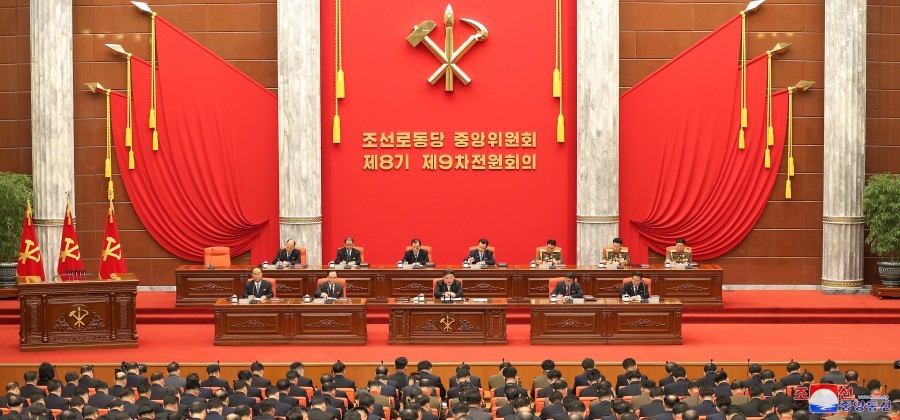 |
| The meeting of the Central Committee of the Workers' Party of Korea opened on December 26. (Source: KCNA) |
The ninth plenary session of the 8th Central Committee of the Workers' Party of Korea marked the end of a year in which the Northeast Asian nation enshrined its nuclear policy in its constitution as well as successfully launched a spy satellite and a new intercontinental ballistic missile (ICBM) called Hwasongpho-18.
In recent years, the multi-day meeting of party and government officials has been used to make important policy announcements.
On the first day of the meeting, participants discussed six main agenda items, including the implementation of this year's policy and budget, the draft budget for 2024, and ways to strengthen the leadership of the Workers' Party of Korea.
Presiding over the opening ceremony, North Korean leader Kim Jong-un affirmed, "2023 is a year of great turning points and changes", praising progress in all fields including military, economy, science and public health despite some "deviations".
The leader also presented a detailed report regarding "indicators of the national economy in general, clearly demonstrating that the all-round development of socialist construction is being seriously promoted."
Meanwhile, on the same day, December 27, South Korea announced the imposition of independent sanctions on eight individuals, including the head of North Korea's intelligence agency, for their involvement in arms trafficking and cyber activities banned under international sanctions.
The South Korean Foreign Ministry said the move was in response to North Korea's test launch of the Hwasongpho-18 on December 18.
Specifically, the head of North Korea's General Reconnaissance Bureau, Ri Chang-ho, was included in the list of leaders of the intelligence agency behind the country's major cyber attacks.
Beijing New Technology's director, Park Young-han, is accused of handling arms sales on behalf of the Korea Mining Development Trading Corporation, which is responsible for exporting conventional weapons and supplying equipment for ballistic missiles.
The sanctions list also includes former third secretary of the North Korean embassy in China Yun-chol, who is involved in the trade of lithium-6, a key material for nuclear weapons whose trade is banned by the United Nations.
The other five are Ryang Su-nyo, Kim Sung-su, Pae Won-chol, Ri Sin-song and Kim Pyong-chol of Pan Systems Pyongyang, an arms trading company under the control of North Korea's Reconnaissance General Bureau.
Pyongyang has yet to respond to Seoul's move.
Source






























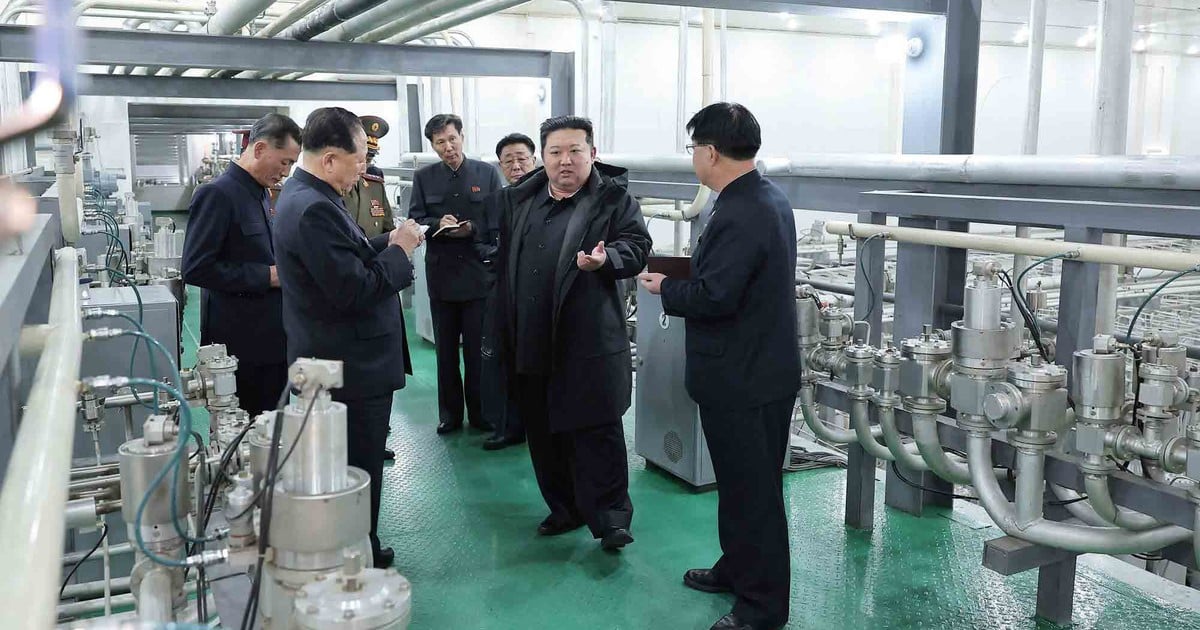

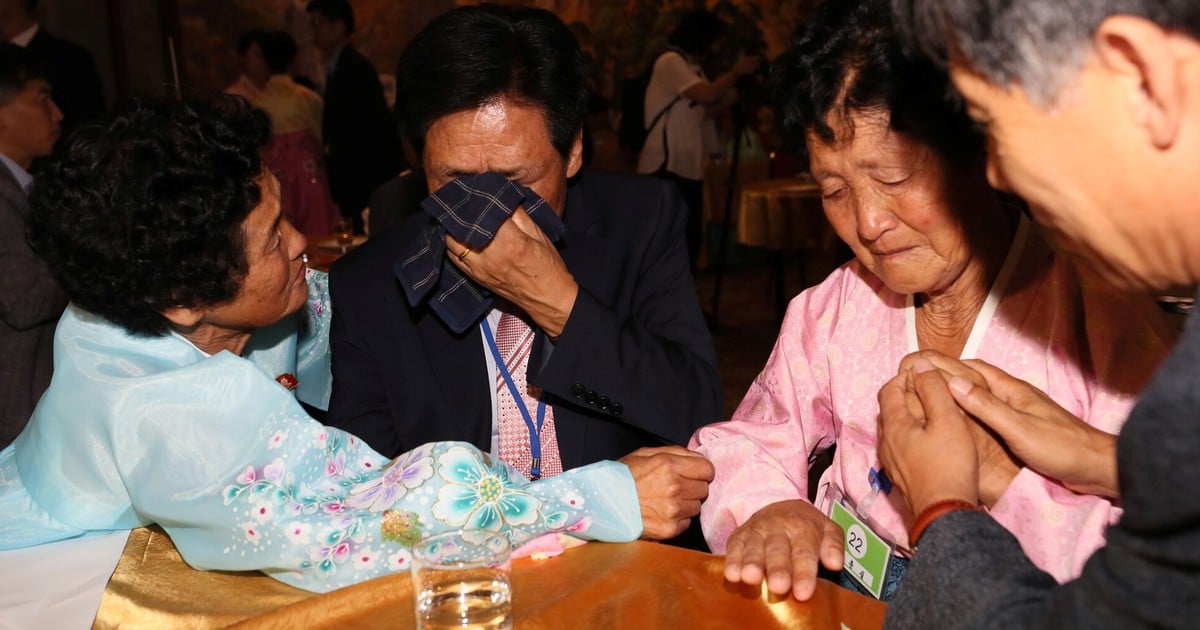
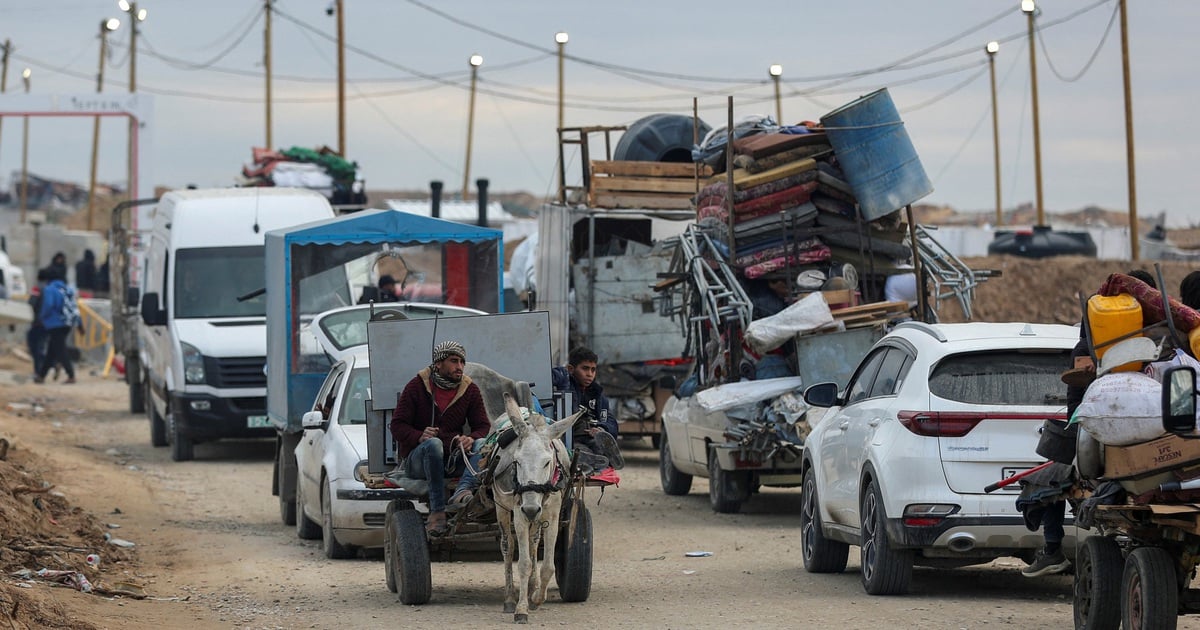
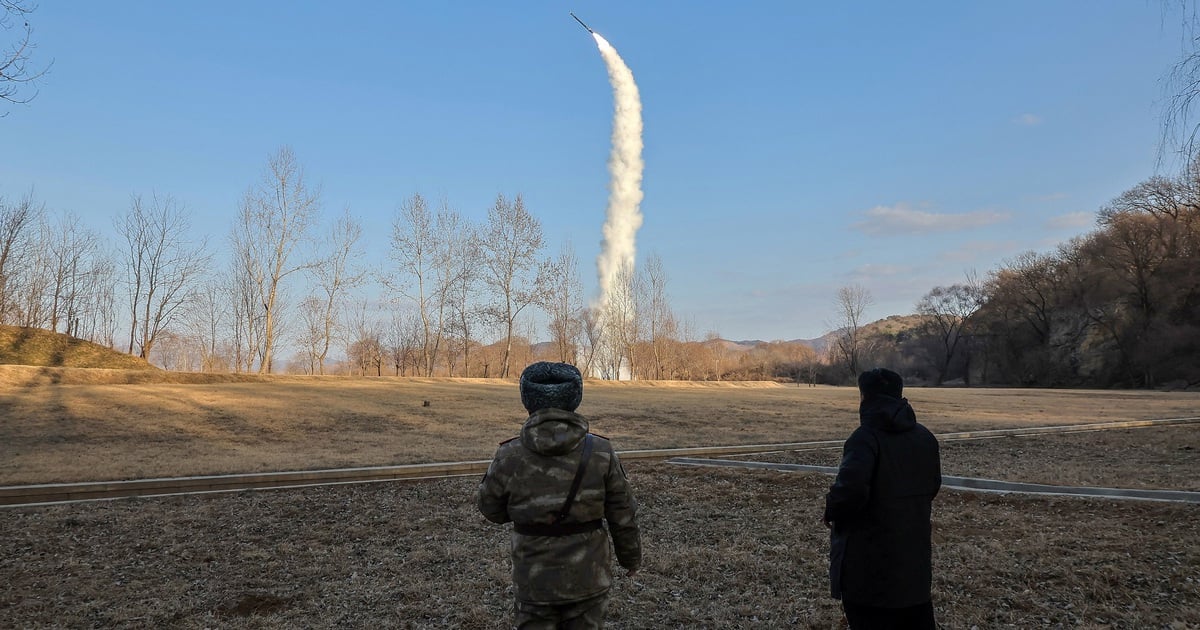
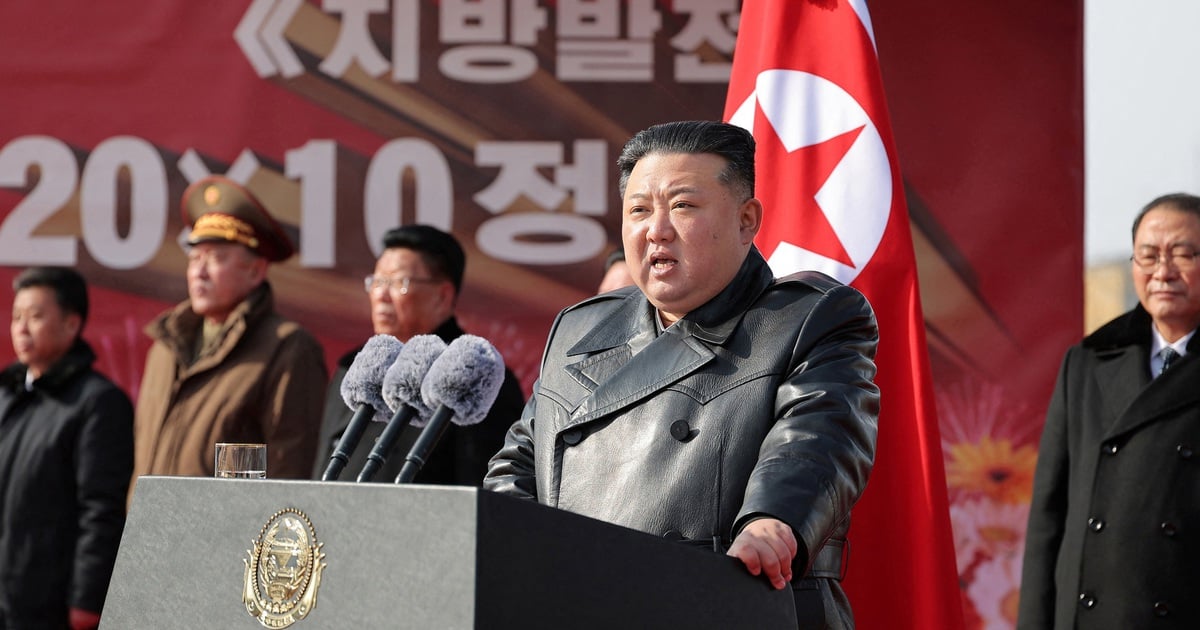
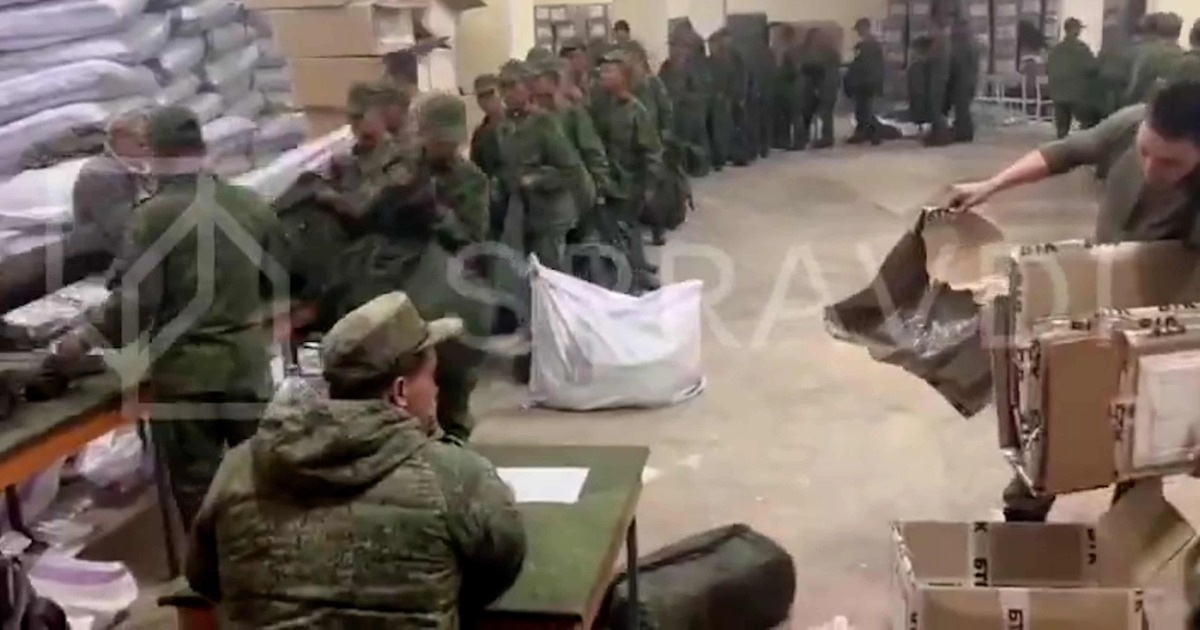

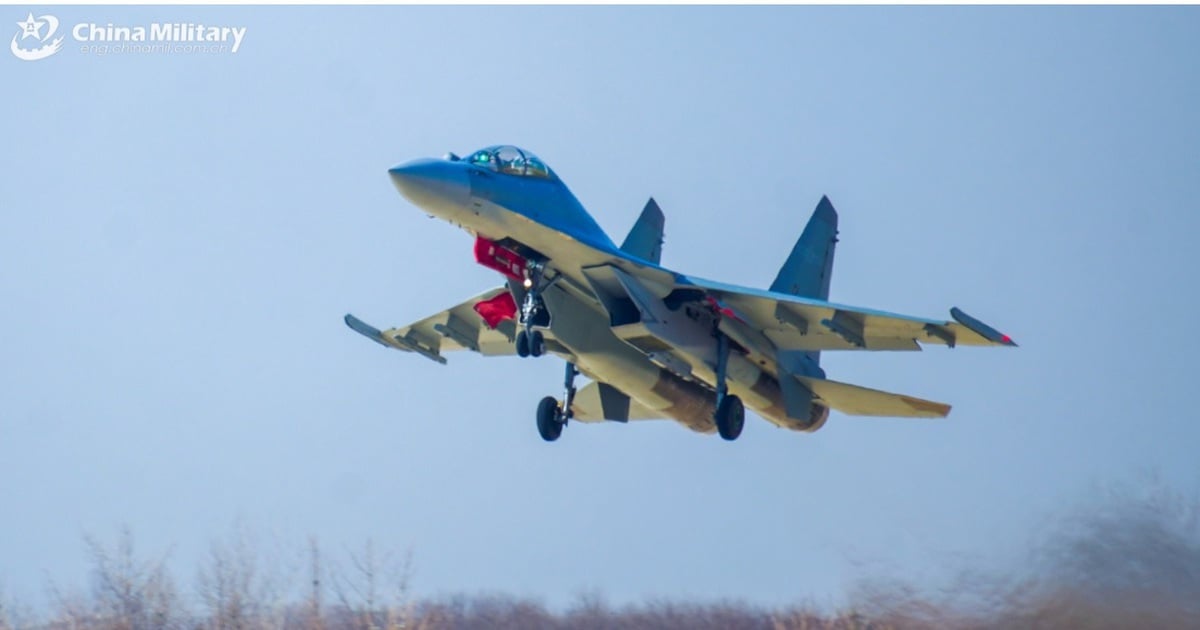
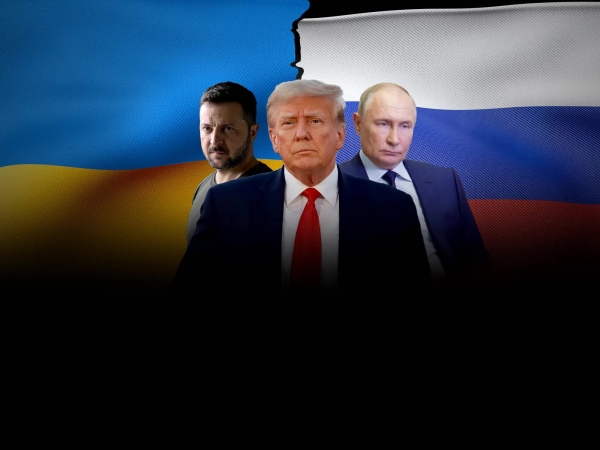

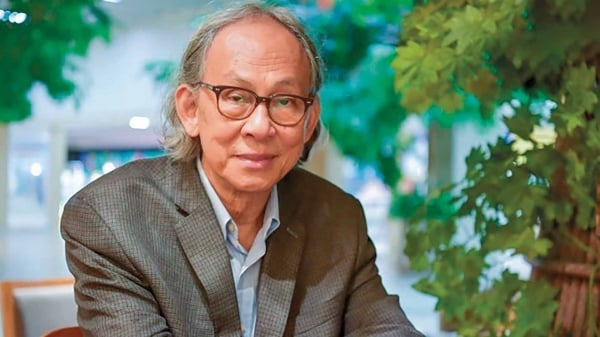


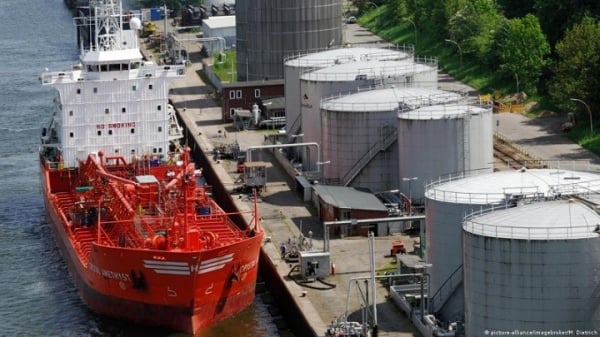
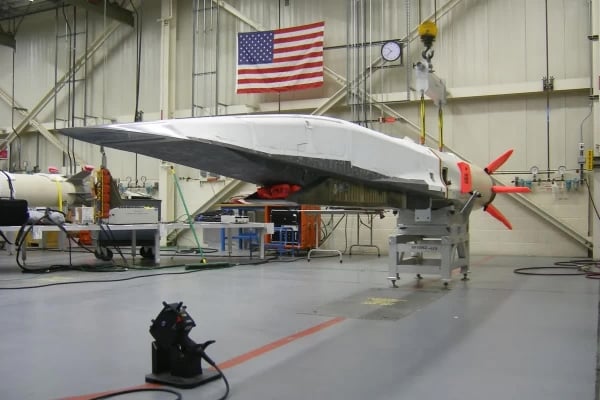

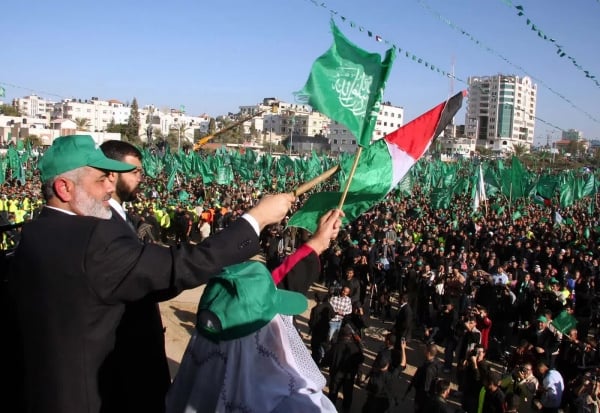
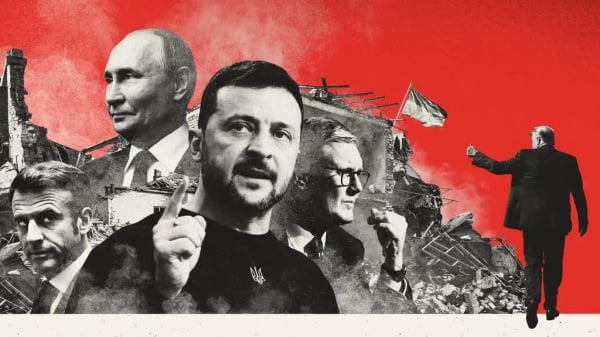



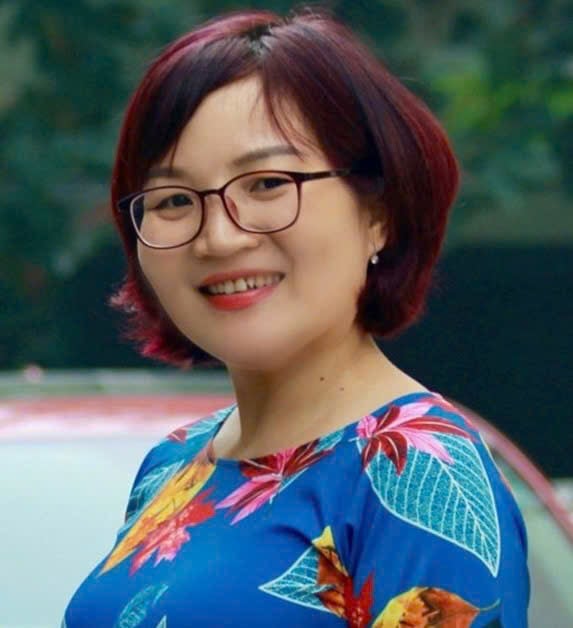








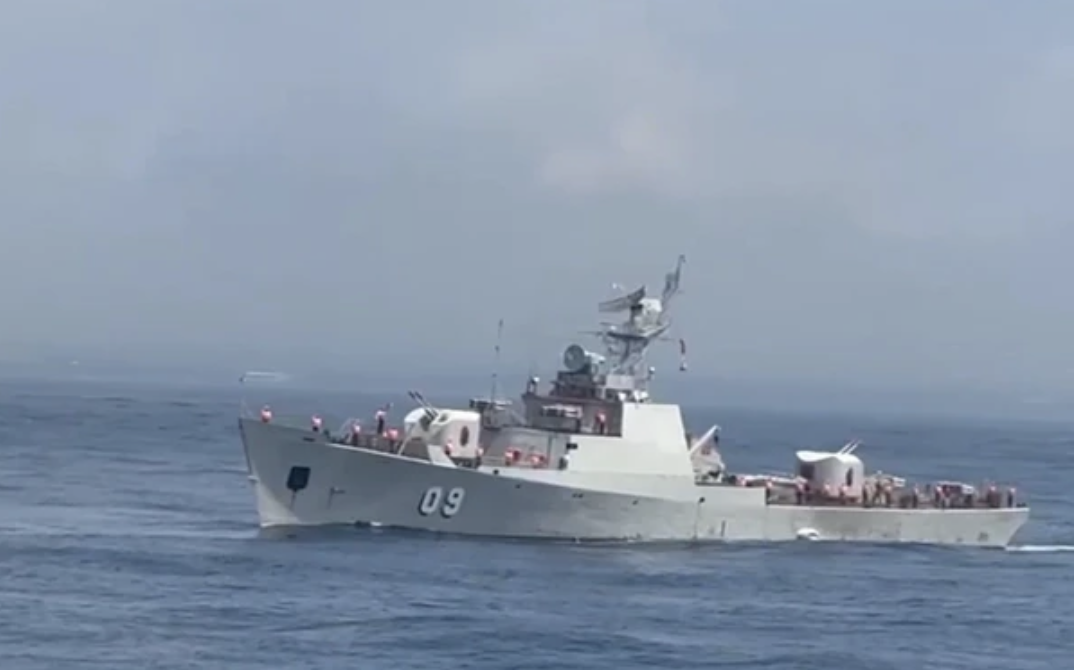
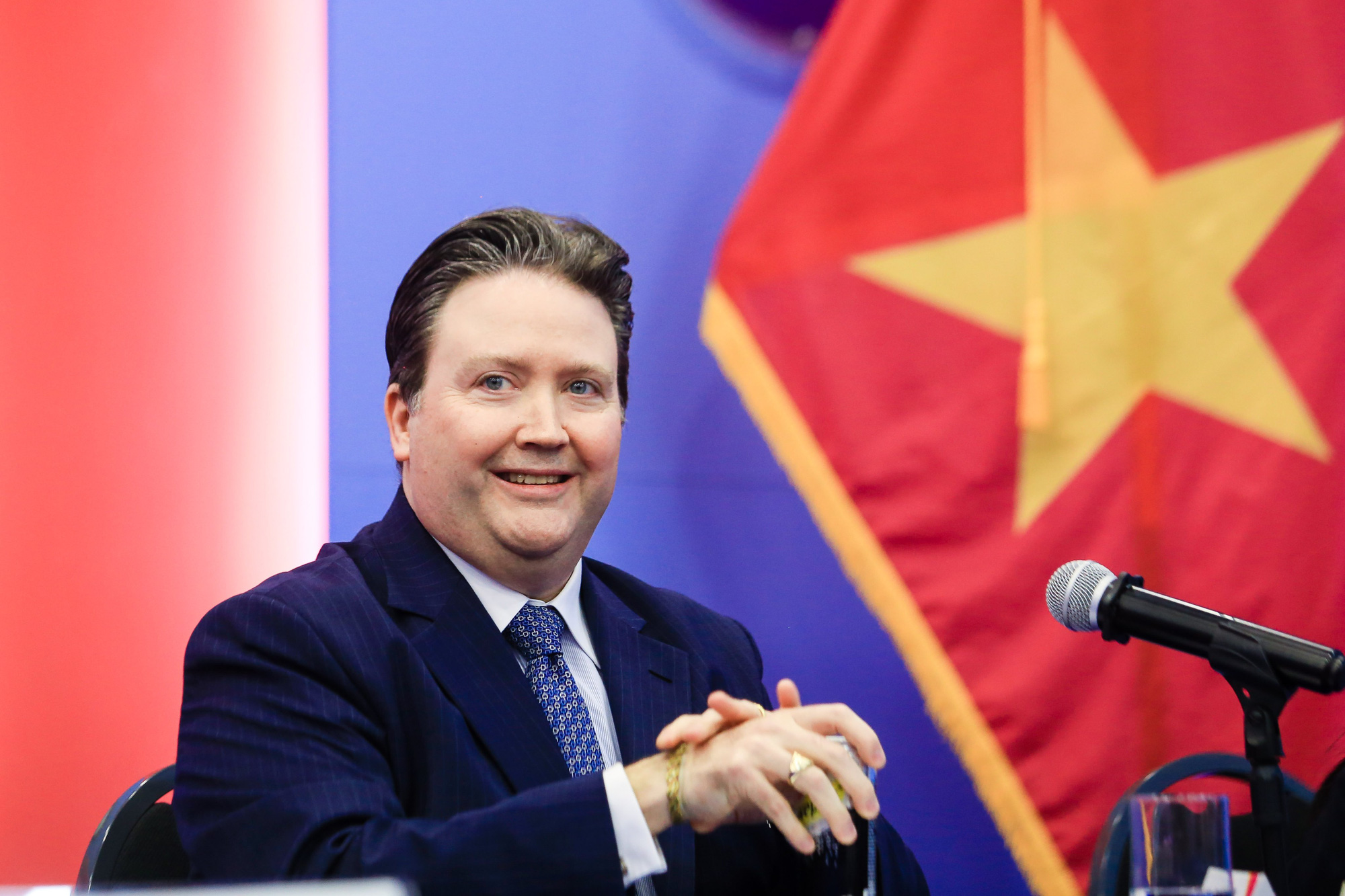
Comment (0)